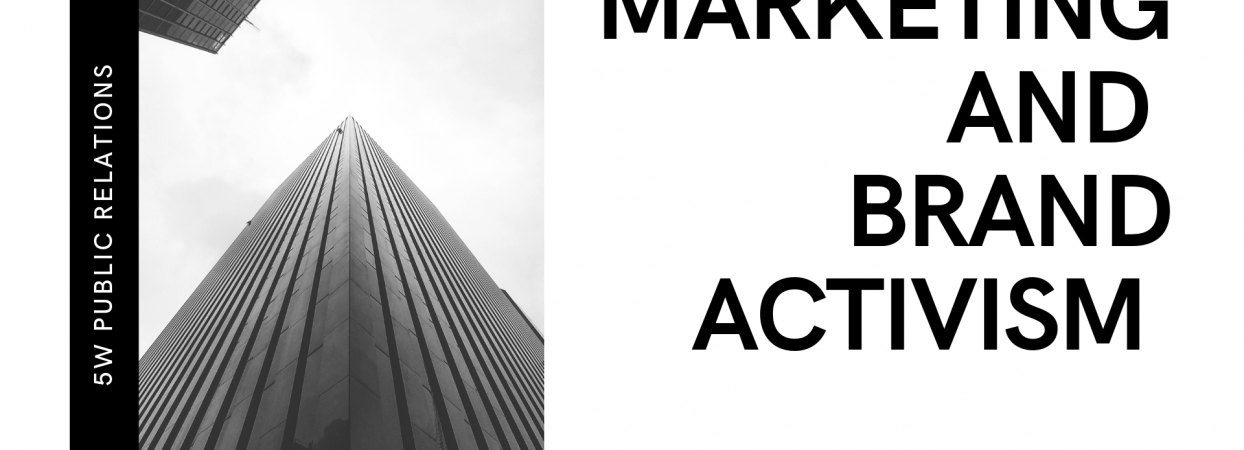We’ve seen some large companies take positions on controversial issues and even brand some of their product lines to reflect their feelings. Ben and Jerry’s and Starbucks were among the early adopters of this growing trend.
Now employees at several large and well-known companies are raising their voice and informing their employers how they feel about different social and political issues. Is this good or bad for a company’s business?
Many corporations have voiced their position on issues like the environment, clean water, and sustainability that polls say most people support. That’s generally the safer road. But others have taken it a step further by initiating actions of their own. Voluntarily switching from plastic to paper straws and reaching out to disenfranchised groups like immigrants and LGBT communities are two such examples. The most current issues around which employees and companies have been advocating for are immigration reform and gender equity. Most polls show almost an even split in the public’s attitudes about both.
Why Now?
With the popularity of social media, more and more people who had never before voiced their feelings about different issues are being engaged. Oftentimes, it’s an invitation from a friend to sign a petition or to call an elected official that starts the ball rolling.
Younger people are more socially conscious and vocal with their wallets. One study reported that 91% of millennials said they would switch to a brand that supports a cause they embrace rather than simply feeding corporate profits. What was surprising is that the general public wasn’t far behind with 85% echoing the same response.
What This Means For Marketers
If you have a seat at the table, this means identifying the values of your target market so you have this data handy before such a question even arises. Does your product line align with your customers’ values? Have a strategy in mind to roll this out with timelines and, if necessary, a budget.
Encourage discussion about the pros and cons of taking a public position. Know that if your company does come out publicly for or against something that some of your customers will not agree and may shop elsewhere.
When you do make the announcement, you must do so with transparency and clarity to both your customers and employees. Your message must be short and to the point and represent everyone from top to bottom, the board of directors to line personnel. Also publish a landing place for your cause on which customers may learn more about what your company is doing as well as sign up for updates and/or volunteer.
Should your company decide to remain neutral and not take positions on any burning issues of the day, you as a marketing or PR person also need to be ready to respond to questions about why your company has decided to remain on the sidelines. Chances are you’ll be asked.
Conversely, requiring employees to attend a political event or not get paid can have serious negative consequences. To many, such a mandate goes against people’s basic value of freedom of choice and could have adverse effects on a company and its reputation.
Looking Ahead
One thing seems certain and that is that employee activism will likely increase. Ignoring this would be a huge mistake. Ensure that there is a strategy and mechanism in place to address this so that all voices are heard.
The Rise of K Beauty Brands in the U.S.: How To Use PR To Stand Out In a Crowded Market
The U.S. beauty market is a behemoth, a fiercely competitive arena where countless brands battle...
Brand Collaborations: Is It The Right Marketing Move for Your Product?
Brand collaboration, a strategic partnership between two or more brands, has emerged as a potent...
Building a Hospitality Brand: How PR Shapes Consumer Perceptions
In the competitive realm of hospitality PR plays a crucial role in shaping consumer perceptions. A...




